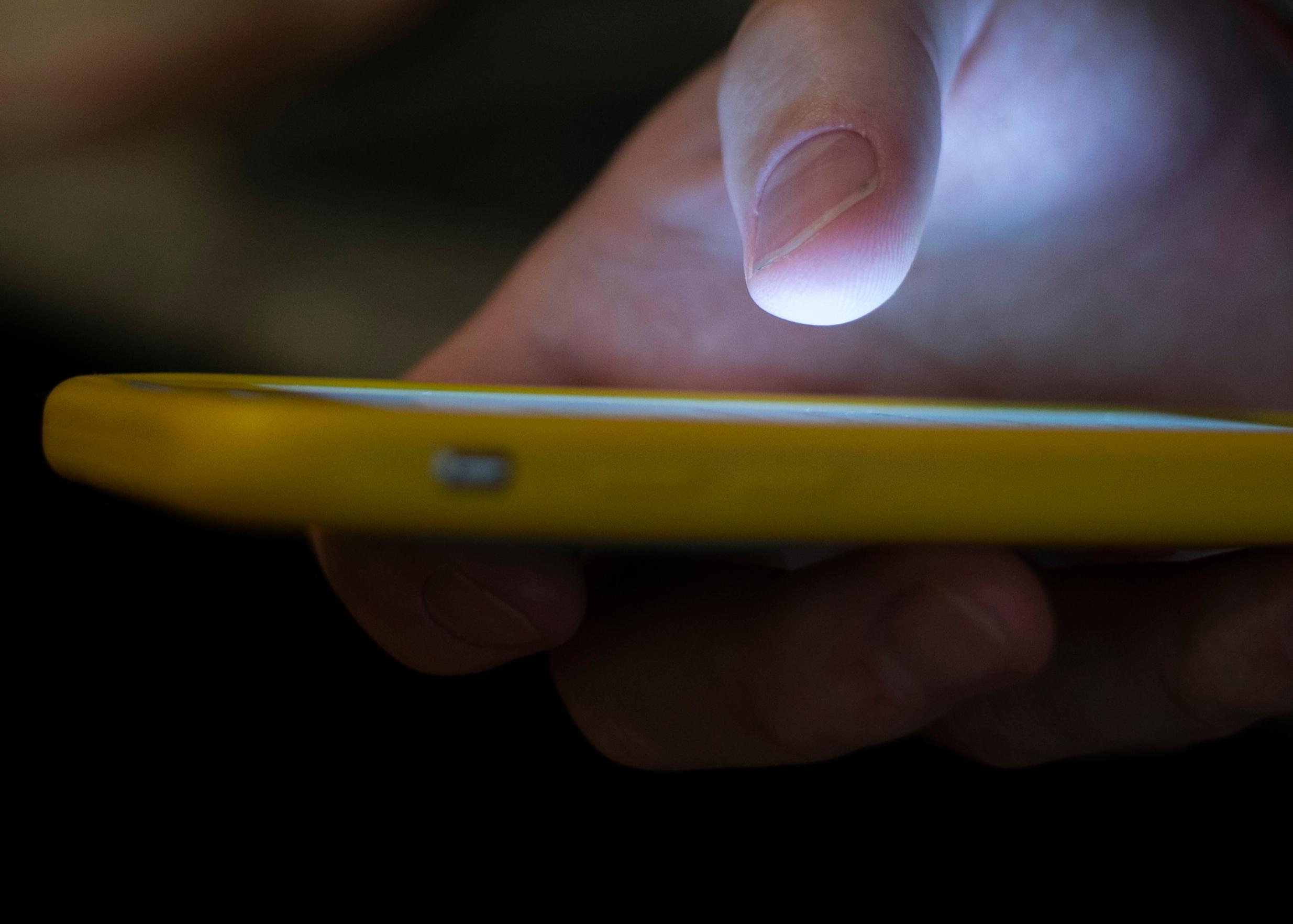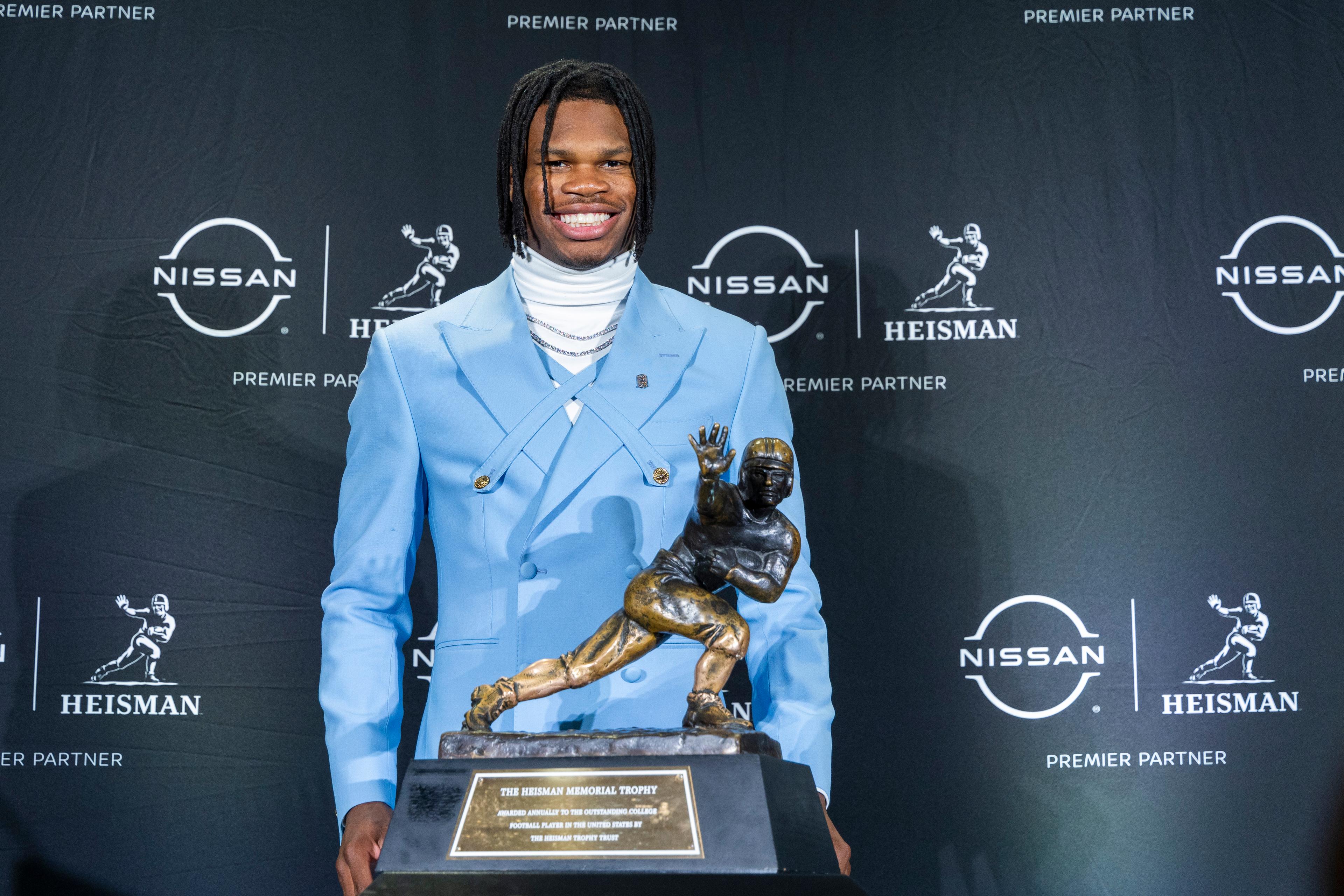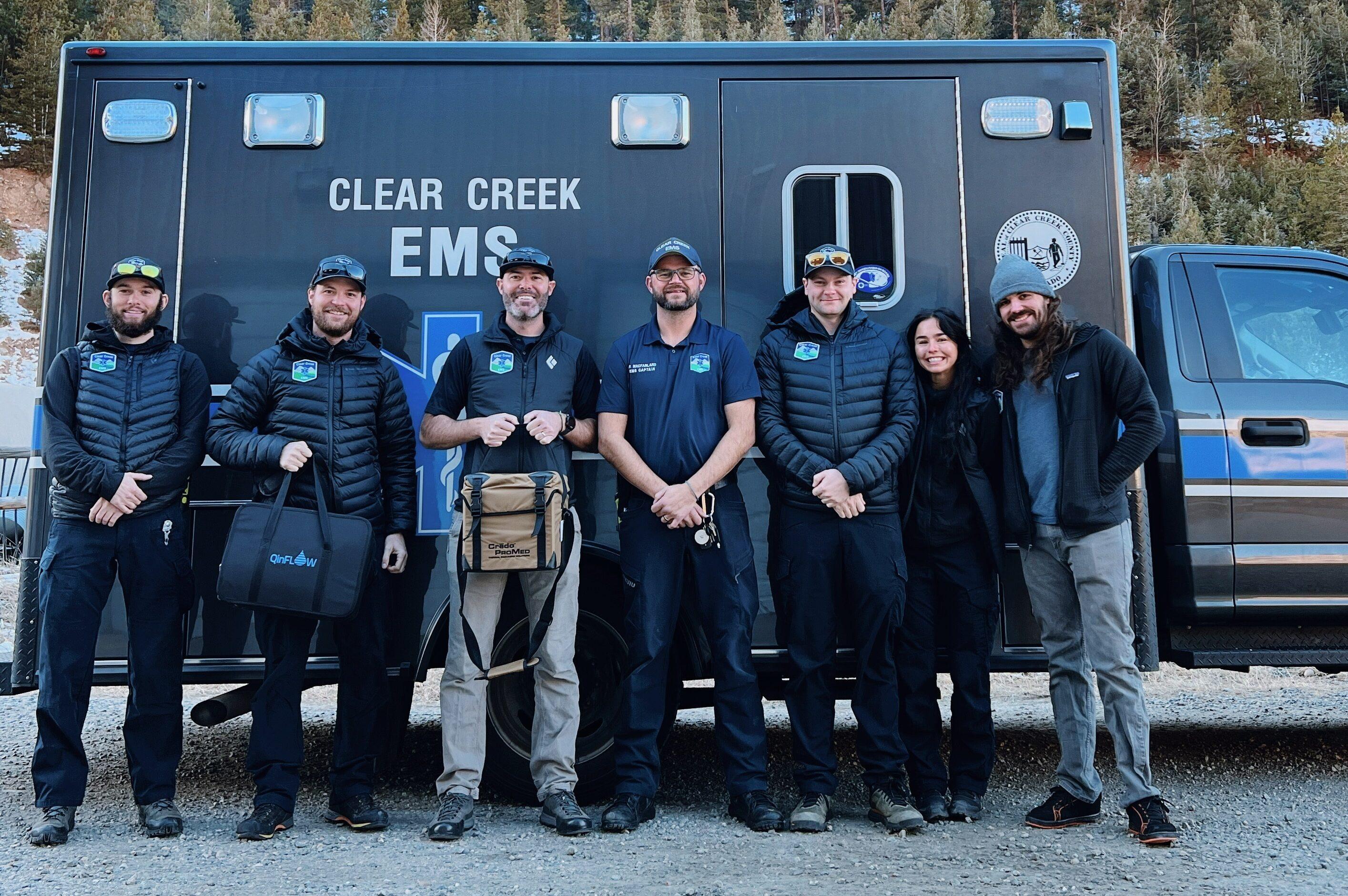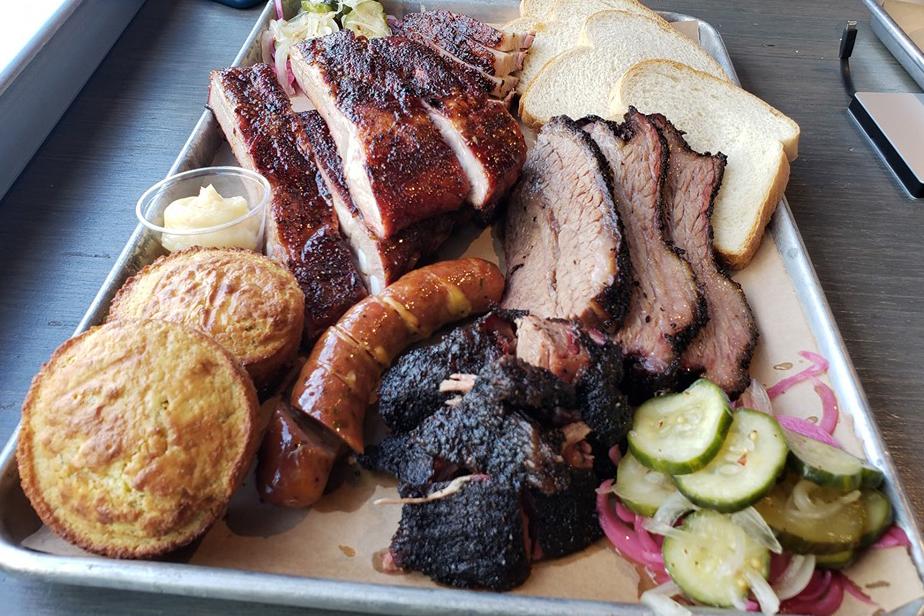
It’s almost Labor Day weekend. And if you’re looking to impress friends and family, neighbors and rivals alike, that means cooking barbecue.
Denver author Adrian Miller is a barbecue expert traveling the country as he researches an upcoming book. But he's not just learning — he has strong opinions to share.
Miller weighed in on the never-ending debate over sauce, the history of African Americans' contributions to barbecue's taste, and what to cook for a holiday feast.
If You're Cooking
- Cook it “slow and low”
- Good barbecue is "tender, well-seasoned and it's going to have a nice sauce." Check sites like amazingribs.com for recipes and ideas.
- For a gas grill: Add some smoke: Soak wood chips and create a little packet of aluminum foil that's opened up so you can get a little smoke going. Make sure the grill's at the right temperature.
- For a charcoal grill: Use an electric starter — drenching coals with lighter fluid will give the meat a chemical taste. Make sure your coals are all white before cooking.
Restaurants To Try If You're Not Feeling Chef-y
- Owlbear Barbecue: 2826 Larimer St., Denver, 720-667-1181
- Boney's BBQ: 1543 Champa St., Denver, 303-825-9900
- Roaming Buffalo Bar-B-Que: 2387 S. Downing St., Denver, 303-722-2226
What is Colorado Barbecue, Anyway?
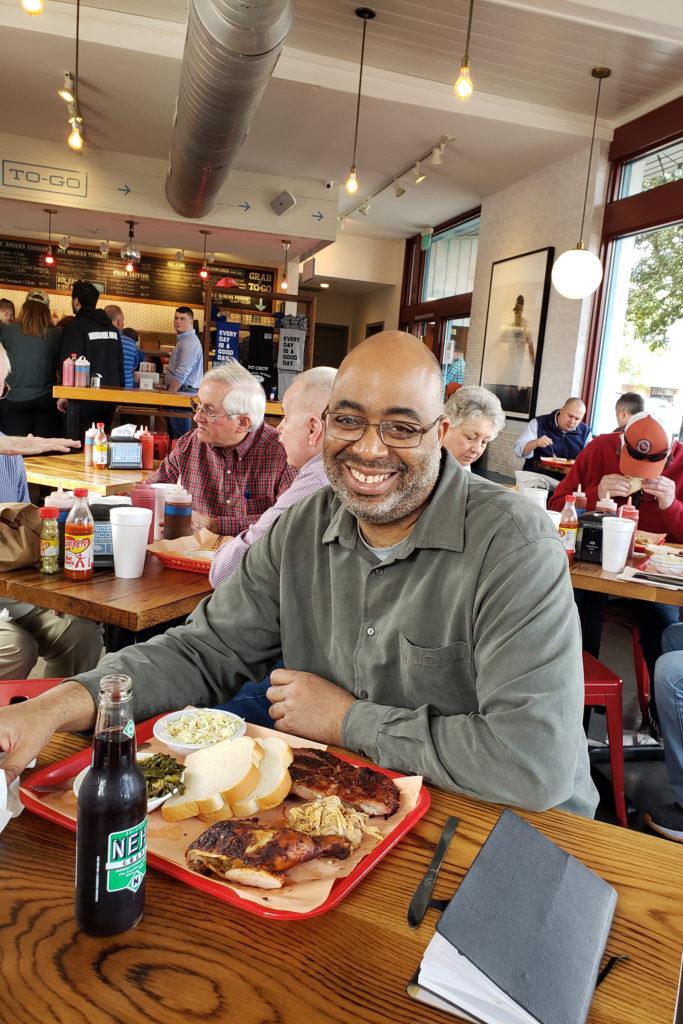
Trendy, it turns out: Cooks are turning to lamb, bison and even vegetarian options like jackfruit, tofu and portabello mushrooms.
The Story of Columbus B. Hill
Columbus B. Hill, an African American, came to Colorado in the 1870s from Tennessee. On July 4, 1890, when the Colorado Capitol's cornerstone was laid, Hill cooked a celebration barbecue for 25,000 people across the street in Denver's Lincoln Park. Miller recently discovered that Hill is buried in an unmarked grave at Denver's Riverside Cemetery.
A Brief History of American Barbecue
Native Americans were barbecuing their meats before settlers arrived on the continent. It was a matter of necessity for them — smoking meat preserved it. When white settlers arrived they often tasked their slaves with the hot, hard work of processing meat and making barbecue. Miller said black slaves followed African cooking traditions and made barbecue spicier.
Adrian Miller's book about African American barbecue culture, "Black Smoke: African American Adventures in Barbecue," is scheduled for release in 2021.
His first book, "Soul Food: The Surprising Story of an American Cuisine, One Plate at a Time," won a James Beard Foundation Award. His second, "The President's Kitchen Cabinet: The Story of the African Americans Who Have Fed Our First Families, From the Washingtons to the Obamas," was nominated for an NAACP Image Award.

